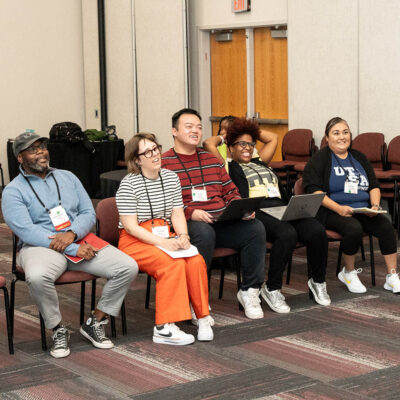May 23 2023
Asian American History is American History: Implementing AAPI Curriculum
Around 22.9 million people in the US identify as being of Asian heritage, hardly any mention of AAPI history occurs in social studies classrooms nationwide. This has detrimental effects on Asian students who often already struggle with their sense of identity and ties to America. If AAPI history is taught in schools, it is normally confined to a brief mention of the Japanese internment camps in school and possibly to the Chinese Exclusion Act. Even then, it is often not viewed from an Asian American perspective and neglects to teach the significant contributions Asian communities have made in the US. The lack of a detailed account on Asian history and place in this country contributes to Asian Americans being viewed as foreign, thus increasing the violence that has surged against AAPI communities during the pandemic. In Georgia, state social studies standards for what fifth graders have to learn include Japan’s responsibility for Pearl Harbor, but not the mass incarceration of Japanese-American citizens during WWII. In a 2017-2018 survey, 80% of public school teachers were white while only 2% of them were Asian. The recent fight for more AAPI curriculum in schools has largely been motivated by the anti-Asian hate incidents that have occurred in the midst of the pandemic. The Atlanta-shooting specifically, in which six Asian women working at a salon were murdered, have sparked more conversations around the importance of education. The mental health and wellness of Asian and other BIPOC students must also be a top priority in our school systems through funding and implementing practices such as mindfulness and emotional regulation in our health classes.
REGISTER FOR EVENT ❯
